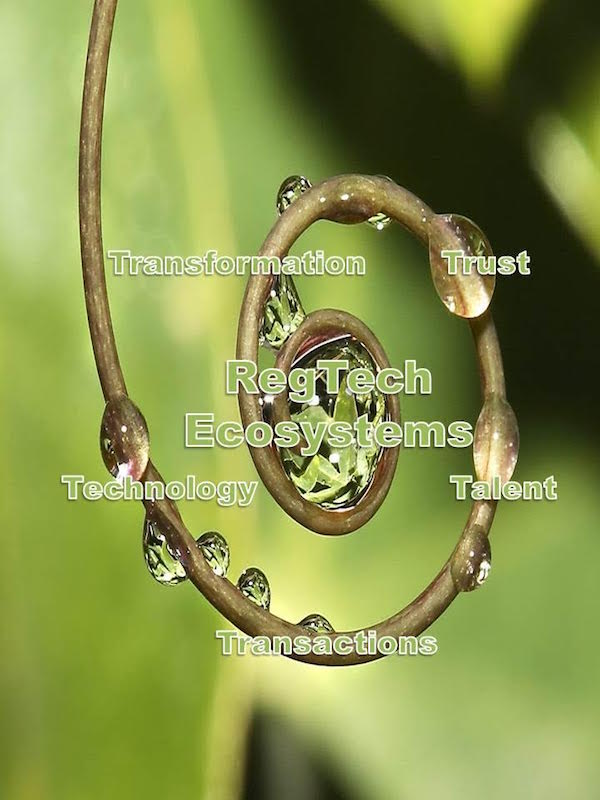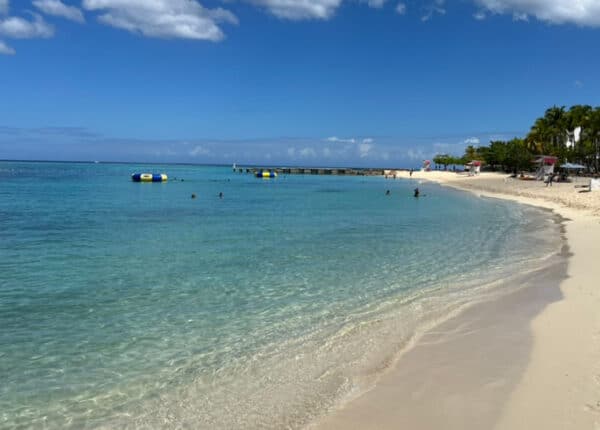Using Tech to Improve the Caribbean’s Business Environment
How “RegTech” could help the Caribbean
By Ryan Peterson
CJ Contributor
In the famous words of legendary Bob Marley, “…don’t let them fool you…”. Despite the images of white sandy beaches, turquoise seas and milky coconuts, the Caribbean is notoriously known as a tough neighborhood for starting and doing business.
While private sector development and economic innovation are readily recognized as key engines for inclusive growth and sustainable development, and despite myriad of policy reforms across the Caribbean over the past decades, the challenges for start-ups, entrepreneurship and enterprising ecosystems persists beyond the enchanting shores.
The recently published World Bank report on ‘Doing Business 2017′ confirms that many Caribbean small island economies still struggle and lag considerably behind other small island economies at the ‘leading frontier’ (World Bank, 2016).
While Puerto Rico and Jamaica rank within the top 50th percentile for ‘ease of doing businesses’, and many have improved business conditions over the past decade, today most of the Caribbean still falls far behind the frontier.
As regulatory and competitive markets continue to evolve at an accelerating speed, it begs the question: could you be loved, or how can the Caribbean transform and leap-frog towards economic resilience?

Reviewing the evidence, the usual suspects on the list of economic vulnerabilities and business fragilities of small island economies include, inter alia, openness and export dependencies, access and affordability of capital, quality and efficiency of governance, reliability and efficiency of energy, trade and transportation, flexibility of labor markets, and the drain of talents and digital technologies.
Caribbean studies have consistently and convincingly demonstrated that improving institutional capabilities and regulatory qualities have multiple benefits for developing resilient business ecosystems, resulting in stronger, more inclusive, and sustainable economic growth.
More importantly, beyond the efficiency and quality of regulation, technologies for regulation (RegTech) and finance (FinTech) are slowly surfacing in the Caribbean. These digital technologies – from smart contracts, regulatory intelligence, cryptocurrencies, and blockchain infrastructures – enable and accelerate the delivery of regulatory requirements.
Although traditionally associated with compliance and finance, the RegTech portfolio encapsulates a wide range and reach of applications and systemic functionalities, including, for instance, the simultaneous processing of multiple permits for imports and exports in real-time fashion; digital platforms for contracting and customs clearance; creating an operational unified collateral registry; distributed ledgers for dynamic (renewable) energy pricing; instant (inter-institutional) settlements; just-in-time KYC (Know-Your-Customer) screening and identification; real-time pooling of credit scores across multiple creditors, and (telecom and utility) information sources; and streamlining and merging of processes across diverging tax systems.
While it is easy to go down the rabbit hole with the digital buzz and tech hype, the core of emerging RegTech ecosystems lies in capturing the nature of efficient transactions, innovative talents, deep trust, and structural transformations. Whereas technology and transaction are basic to digital ecosystems, without talent and trust they are not sufficient for transforming Caribbean futures.
Essentially, these are the foremost capabilities for building economic resilience, which ultimately need to be understood from within the political-economic context of small islands.

Although definitely not a ‘one-size-fits-all’ solution, and still relatively embryonic, RegTech has the potential to significantly improve institutional capabilities from increasing regulatory efficiency and quality to streamlining processes, reducing costs, enhancing compliance, and condensing legacy barriers of business in the Caribbean.
In more practical Caribbean terms, rather than wait three months to open a bank account, receive a business permit or credit, clear your products, or start a new venture, RegTech can ‘disrupt’ this within hours. With more than 60 percent of start-ups and small enterprising ecosystems being un(der)served across markets, the digital transformation of economic institutions across the Caribbean is no longer a matter of chance, but of choosing.
Daunting as it may seem, transforming Caribbean futures is more than simply disrupting; it is about constructing new pathways for economic resilience. Yes, you could be loved…
Ryan R. Peterson PhD is General Manager for Economic Policy at the Central Bank of Aruba. For most of his professional and scientific career he has worked on the governance and resilience of digital ecosystems in financial services, tourism and academia, with a special focus on small island economies. All views and expressions are solely his. He can be reached at rpeterson-at-cbaruba-dot-org.







